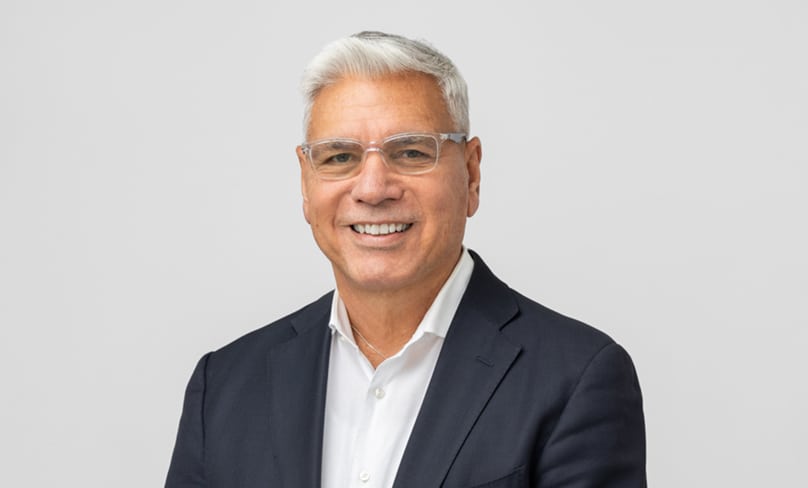
I am Australian. I’m also a member of the Bundjalung, Gumbaynggirr and Yuin first nations of Australia. I opposed the Voice and am urging all Australians to vote No in the Referendum.
Nearly a decade ago I gave a speech about reconciliation. Its theme came from my Catholic faith. For Catholics, “reconciliation” has two parts—sorry and forgiveness.
I said that in this country we talk a lot about the sorry part, but we never talk about the forgiveness part. And that for real reconciliation, it’s not enough that Australia as a nation says sorry, but Indigenous people also need to forgive Australia as a nation.
While Aboriginals have every reason to be angry about past wrongdoings, these can’t be undone. So as Aboriginals, we have a choice—to continue to feel angry, or to draw a line in history and not be captive to the past.
The Uluru Statement comes from this place of continuing anger. You can see it in the 439 words on the canvas surrounded by artwork and signatures and you really understand it when you read the 26-page manifesto that sets out its agenda.
The full manifesto is steeped in grievance and anger, and presents a radical and divisive vision of Australia. The Uluru Statement couldn’t be further from the idea of reconciliation.
There are many reasons I oppose the Voice and I can only set a few out here.
One is the Voice puts racial segregation back in the Constitution. For the first 13 years of my life I lived under segregation, like all Aboriginals, controlled by government protection boards.
These regimes were set up by well-meaning people who thought Aboriginals couldn’t take care of themselves and needed a separate system.
They were abolished after the 1967 Referendum when Australians voted overwhelmingly to take racial segregation out of the Constitution.
No other group of Australians is proposed to have an entrenched constitutional body to speak on their behalf with a presumed single voice. Only one race of people will be treated in this way.
The Voice is not our culture. It entrenches Aboriginals as one homogenised race of people. But we’re not.
We’re many nations. Aboriginal is a race. Bundjalung is a nation.
This Voice cannot speak for Aboriginals as a whole. A fundamental principle of our cultures is no one can speak for another person’s country.
The Voice is built on a lie that Indigenous Australians don’t have a voice and aren’t listened to. It’s the opposite. Indigenous people have many voices.
Hundreds of Indigenous organisations are involved in designing and implementing laws and policies. Nothing happens on Aboriginal lands without consulting traditional owners.
I believe the Voice will actually be used to trample over traditional owner voices for their own countries.
Another lie is over 80 per cent of Indigenous people support the Voice and it comes out of a grassroots Indigenous movement.
Even ABC Fact Check demonstrated the 80 per cent claim is fundamentally flawed. Many Aboriginals have never heard of the Voice or don’t know what it is. Many are voting No.
The regional dialogues leading to the Uluru Statement were attended by a small number of Indigenous people, hand-picked to “ensure consensus.”
The biggest lie of all is that people like me who oppose the Voice don’t want things to improve and have no plan for helping Aboriginals in need.
I’ve devoted most of my adult life to advocating for Aboriginal rights and to achieve real improvements. And I’ll continue to.
But nothing will change unless there is a focus on four critical areas.
First, accountability: where is funding going; what is it being used for; what, if any, outcomes have those who received it actually achieved?
Second, education, including Indigenous children going to school.
Thirdly, economic participation: jobs, business creation and home ownership.
Fourthly social change: safe communities and no more turning a blind eye to the violence, abuse, coercive control and destructive behaviour that goes on in some Indigenous communities.
These solutions aren’t complicated ideas. But they take huge political will to achieve.
I think many well-meaning Australians support the Voice because they believe it will solve problems and that Aboriginals want it.
Sadly, I think many feel they must support it because of misplaced guilt about Australia’s history and the situation facing many Indigenous Australians.
But I don’t think they’ve truly grasped the path this Referendum is taking us down. It will not lift Indigenous Australians or reconcile Australia. It will only divide us and keep us that way.
